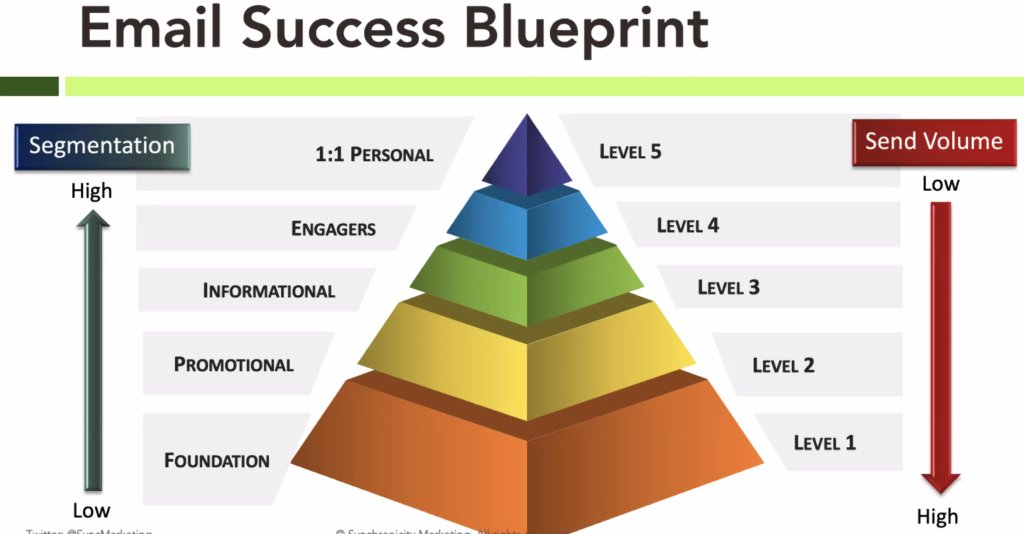The Keys to SEO...
With Social Toothpaste as the solution, effective SEO integrates strategic content development, precise keyword targeting, technical excellence, and enhanced user engagement. Social Toothpaste’s approach begins with thorough keyword research to uncover relevant search terms and then crafts high-quality, audience-centric content that aligns with search intent. The agency ensures optimal technical SEO, addressing mobile responsiveness, fast load times, and clean site architecture. Social Toothpaste boosts visibility and authority by building authoritative backlinks and utilizing meta tags, alt texts, and structured data. Continuous monitoring and adaptation of SEO strategies ensure alignment with evolving algorithms and industry trends, securing your brand’s prominence in search results.

The key to organic SEO (Search Engine Optimization) involves several factors that work together to improve a website's visibility in search engine results pages (SERPs) without relying on paid advertising. Here are some fundamental elements:
- Quality Content: Create high-quality, relevant, and valuable content that satisfies user intent. This includes articles, blog posts, videos, infographics, and other types of media. Content should be well-written, informative, and engaging to attract and retain visitors.
- Keyword Research: Conduct thorough keyword research to identify the terms and phrases your target audience is searching for. Use tools like Google Keyword Planner, SEMrush, or Ahrefs to find relevant keywords with a balance of search volume and competition. Incorporate these keywords naturally into your content, including titles, headings, meta tags, and body text.
- On-Page Optimization: Optimize on-page elements such as titles, meta descriptions, headings, and URLs to include target keywords and accurately describe the content. Ensure that your website is crawlable by search engine bots and follows SEO best practices for HTML markup, schema.org structured data, and internal linking.
- Technical SEO: Address technical aspects of your website to improve its performance and accessibility to search engines. This includes optimizing site speed, fixing broken links, implementing HTTPS security, creating XML sitemaps, improving mobile-friendliness, and resolving crawl errors.
- User Experience (UX): Prioritize user experience by designing a well-structured and intuitive website layout with clear navigation, fast loading times, and mobile responsiveness. Make it easy for visitors to find information and engage with your content, leading to longer dwell times and lower bounce rates.
- Backlink Building: Earn quality backlinks from authoritative and relevant websites in your industry or niche. Natural backlinks from reputable sources signal to search engines that your content is trustworthy and valuable. Focus on creating shareable content, reaching out to influencers, guest blogging, and participating in industry forums and communities.
- Local SEO (if applicable): If your business operates locally, optimize your website for local search by claiming and optimizing Google My Business listings, obtaining local citations, encouraging customer reviews, and targeting location-specific keywords.
- Social Signals: While not a direct ranking factor, social media activity can indirectly impact SEO by increasing brand visibility, driving traffic, and generating social signals that indicate content relevance and popularity. Maintain an active presence on social platforms and encourage social sharing of your content.
- Regular Monitoring and Adaptation: Continuously monitor your website's performance using tools like Google Analytics, Google Search Console, and third-party SEO software. Analyze key metrics such as organic traffic, keyword rankings, click-through rates, and conversions. Use this data to identify areas for improvement, refine your SEO strategy, and adapt to algorithm updates.
- Patience and Persistence: SEO is a long-term investment that requires patience, persistence, and ongoing effort. Results may not be immediate, but by consistently implementing best practices and staying informed about industry trends, you can gradually improve your website's organic search visibility and attract more qualified traffic over time.



